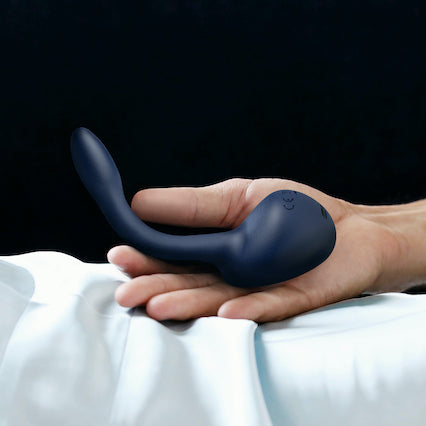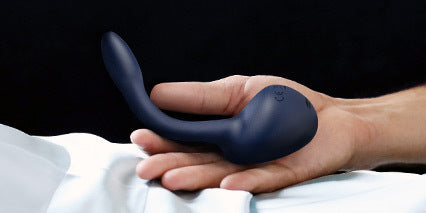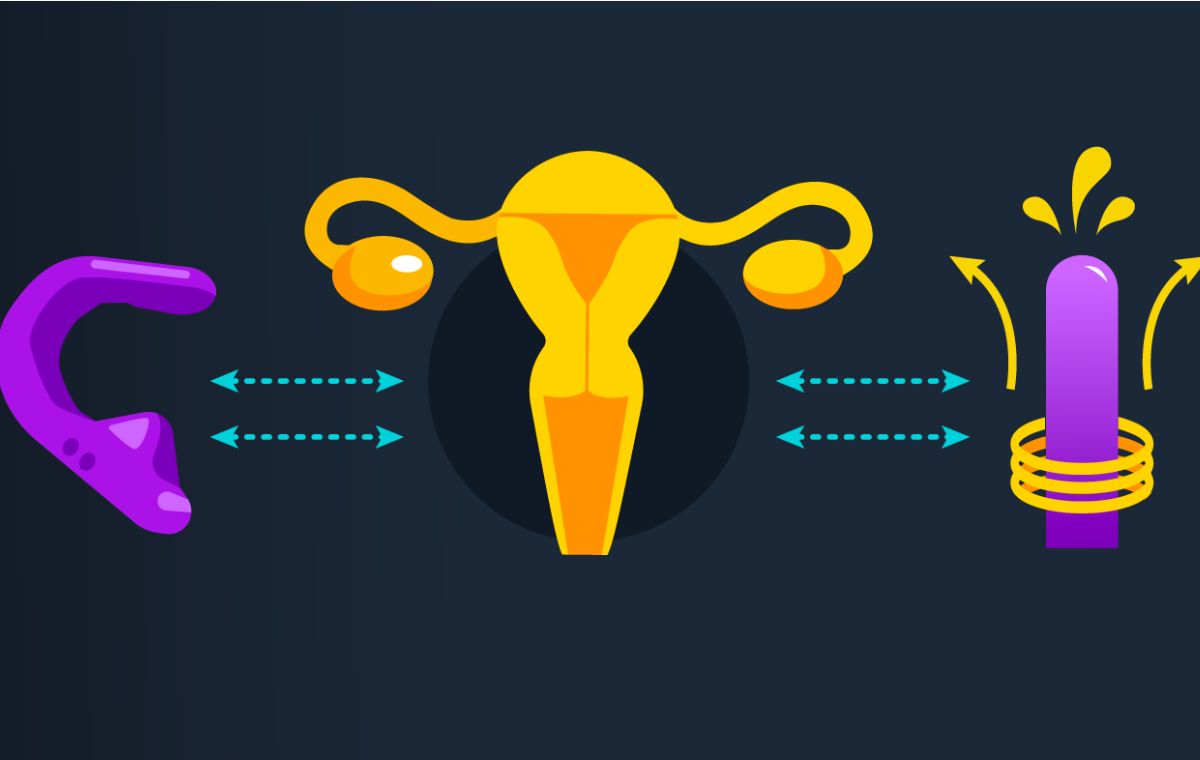Painful intercourse, also known as dyspareunia, is a common condition that affects many women. It is characterized by genital pain or discomfort during or after sex. Dyspareunia can significantly impact a woman's sexual health and quality of life. This article will explore the symptoms and causes of painful sex.
Symptoms of painful intercourse
The primary symptom of dyspareunia is pain or discomfort during sexual intercourse. The pain can be felt in the vagina, vulva, or pelvic region. It can be described as a burning, stinging, or throbbing sensation. The pain may be constant or intermittent, ranging from mild to severe. Other symptoms of dyspareunia may include:
- Pain during or after intercourse
- Pain during penetration
- Pain with deep thrusting
- Pain with tampon insertion
Causes of painful intercourse
There are many possible causes of dyspareunia, including physical and psychological factors. Some of the most common causes of painful intercourse include:
1. Vaginal infections
Vaginal infections, such as yeast infections or bacterial vaginosis, can cause inflammation and irritation of the vaginal tissues, leading to pain during intercourse.
2. Vulvar skin conditions
Skin conditions, such as eczema or lichen sclerosis, can cause itching, burning, and pain in the vulva and vaginal area.
3. Vaginal dryness
Vaginal dryness is a common problem that can cause pain during intercourse. Hormonal changes, medication side effects, not being aroused enough, or certain medical conditions can cause it.
4. Endometriosis
Endometriosis is when the tissue that lines the uterus grows outside the uterus, causing pain and discomfort during intercourse.
5. Pelvic inflammatory disease (PID)
PID is a bacterial infection of the reproductive organs that can cause pain during intercourse, pelvic pain, and abnormal vaginal discharge.
6. Fibroids
Fibroids are non-cancerous growths that can develop in the uterus. They can cause pain during intercourse and pelvic pain.
7. Menopause
During menopause, the body produces less estrogen, leading to vaginal dryness and thinning of the vaginal tissues, which can cause pain during intercourse.
8. Psychological factors
Psychological factors, such as anxiety, depression, or a history of sexual abuse, can also present an obstacle in getting aroused enough for sex, resulting in dyspareunia.
Treatment for painful intercourse
The treatment for dyspareunia depends on the underlying cause of the condition. Some possible treatment options for painful intercourse include:
- Treating underlying medical conditions: If a medical condition, such as an infection or endometriosis, is causing dyspareunia, treating the underlying disease can help alleviate the pain.
- Vaginal lubricants: Using a vaginal lubricant during intercourse can help reduce friction and improve comfort.
- Hormone therapy: Hormone therapy, such as estrogen replacement therapy, can help relieve vaginal dryness and improve sexual function.
- Physical therapy: Pelvic floor physical therapy can help women coordinate the pelvic floor muscles, either relaxing or strengthening, to improve their sexual experience.
- Psychotherapy: This can be helpful for women with dyspareunia caused by psychological factors, such as anxiety or a history of sexual abuse.
Prevention of painful intercourse
Prevention of painful sex will be determined by the underlying cause, so while these suggestions may not help in every instance, some prevention methods can include:
- Communicate with your partner: Open communication about your sexual needs and preferences can help improve your sexual experience.
- Use lubricants: A vaginal lubricant can help reduce friction and improve comfort during sexual activity.
- Practice good hygiene: Maintaining good hygiene can help prevent vaginal and bacterial infections, which can cause dyspareunia.
- Seek medical treatment: If you experience pain during intercourse, seeking medical treatment to determine the condition's underlying cause is essential.
Conclusion
Dyspareunia is a frustrating condition that causes painful sex for many women. Thankfully there are numerous treatment and management options for painful intercourse, depending on the cause. It’s important to speak up about your pain to your partner or medical providers to help you find the best treatment plan to lead a more fulfilling and pleasurable sex life.































